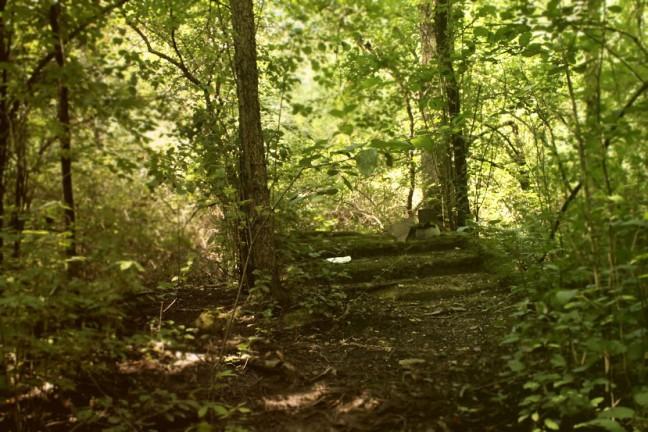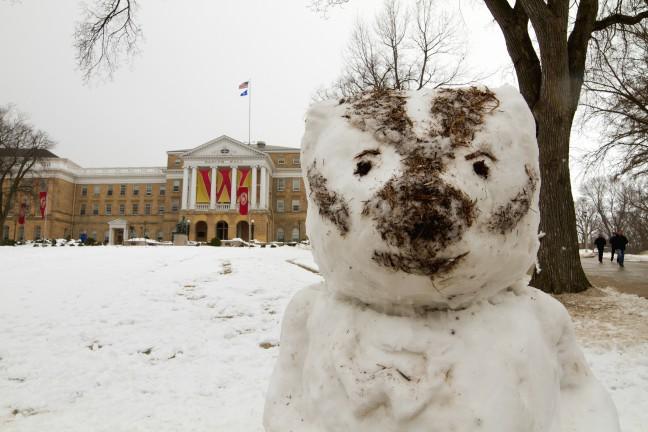The University of Wisconsin Communications Office held its semi-annual Science Writer in Residence Program on Tuesday, featuring a talk by author, magazine writer and editor Michelle Nijhuis.
Nijhuis discussed the history and future of hope in the wildlife conservation movement while including stories from her recently published book, “Beloved Beasts: Fighting for Life in an Age of Extinction.”
UW students march to urge UW System to divest from fossil fuels
Nijhuis said there is hope for the future of the conservation movement, but not in the way many people expect. The optimism lies in the possibility for people to live productively alongside other species with a commitment to do the right thing.
This is often contrasted with a traditional view of hope — the reality that those who work on conservation often do not get to see the outcome.
“I don’t think we get the kind of hope where we can be sure that we’re going to get to witness the benefits of our work,” Nijhuis said. “Most of the people I wrote about had died without knowing that what they had done was the success that it turned out to be.”
The foundation for this hope is several major developments in the process of conservation, Nijhuis said. One factor has been a shift from selecting particular species to protecting species of all kinds. Conservation biology has also contributed, since understanding a species’ role in their environment is essential to preserving its relationship with habitats and other species.
According to Nijhuis, the extension of conservation beyond nature preserves has been a large source of hope for the future.
“The conservation movement is moving beyond parks and reserves as its only tools for conservation and looking at how to support humans and living within ecosystems and alongside other species,” Nijhuis said. “That to me is one of the most encouraging trends in conservation today.”
Hilldale Awards honor faculty researching tobacco prevention, speech, cognitive development and more
The COVID-19 pandemic brought a new wave of optimism for some conservationists, Nijhuis said. The ability of the whole world to rapidly change their lifestyles within a few weeks suggested that such a change may be possible for the sake of conservation as well.
Nijhuis said history of conservation is strongly tied to issues of colonialism and racism. For example, efforts to save the American bison species in the late 1800s were largely fueled by desires to establish American superiority and maintain a symbol of white masculinity. The devastating cultural and economic impacts of species decline on Indigenous communities were also largely ignored during this time.
Nijhuis said the reckoning of this history among conservationists is encouraging and will pave the way for conservation to become a mainstream practice for all people.













